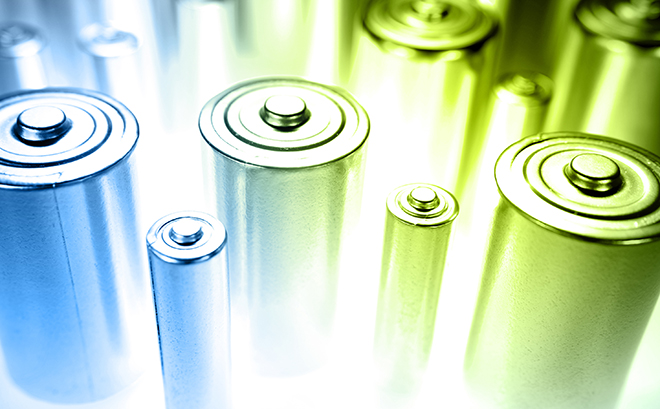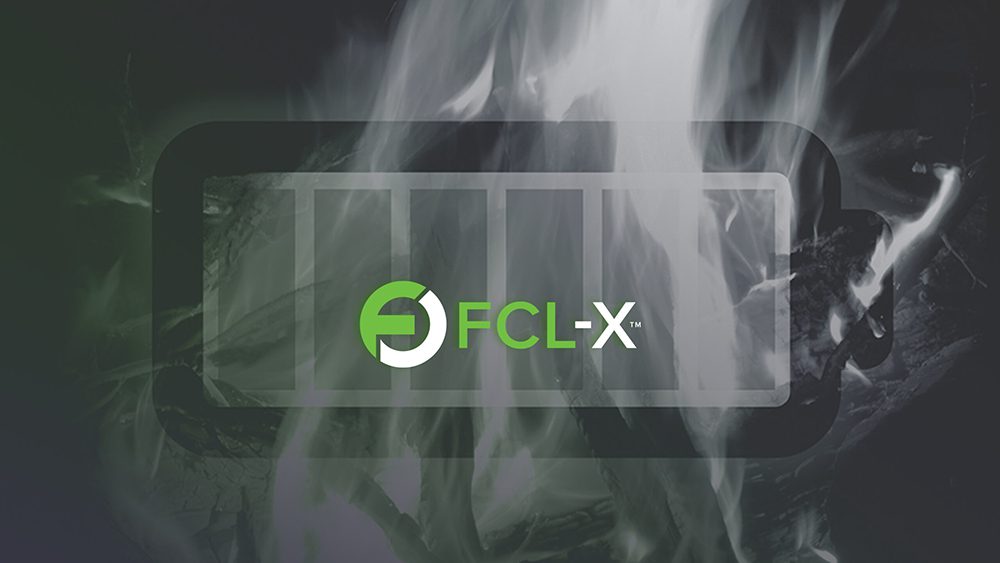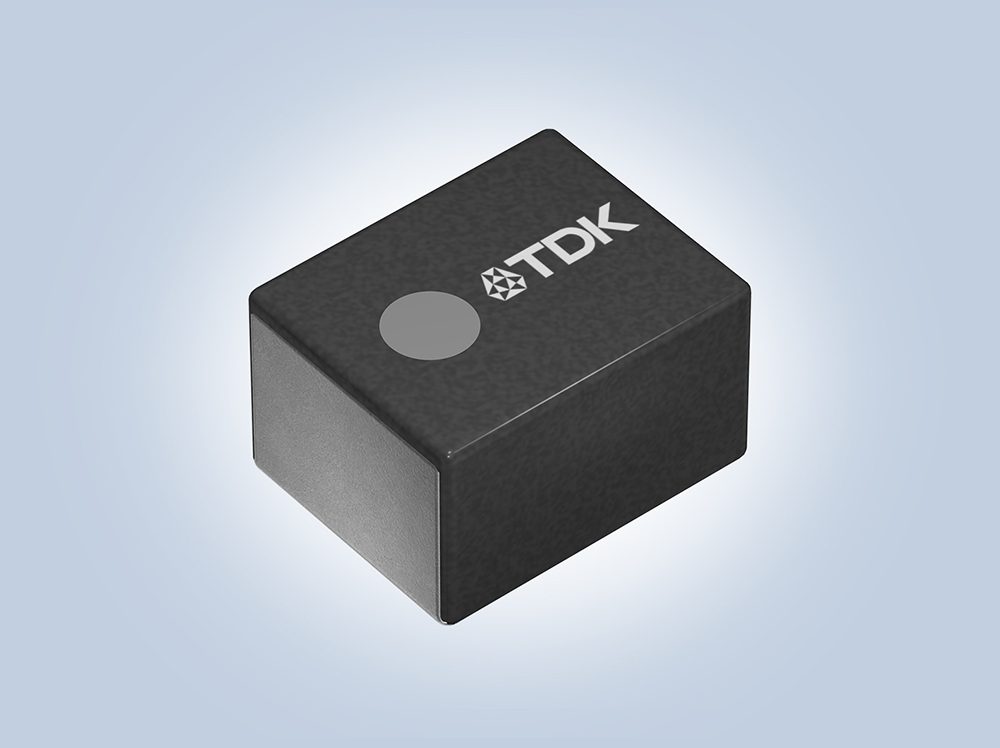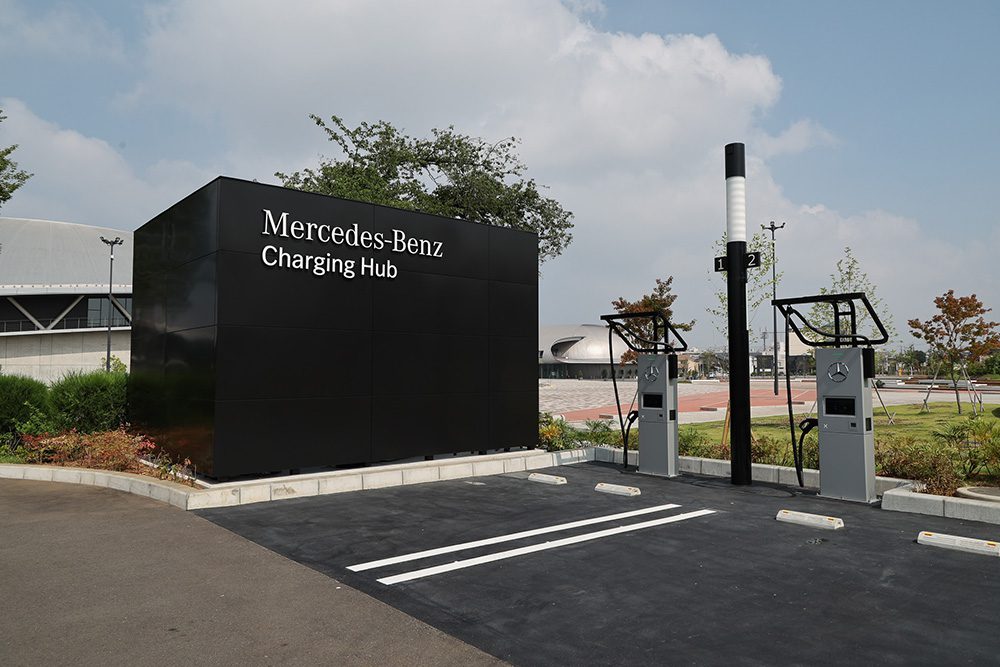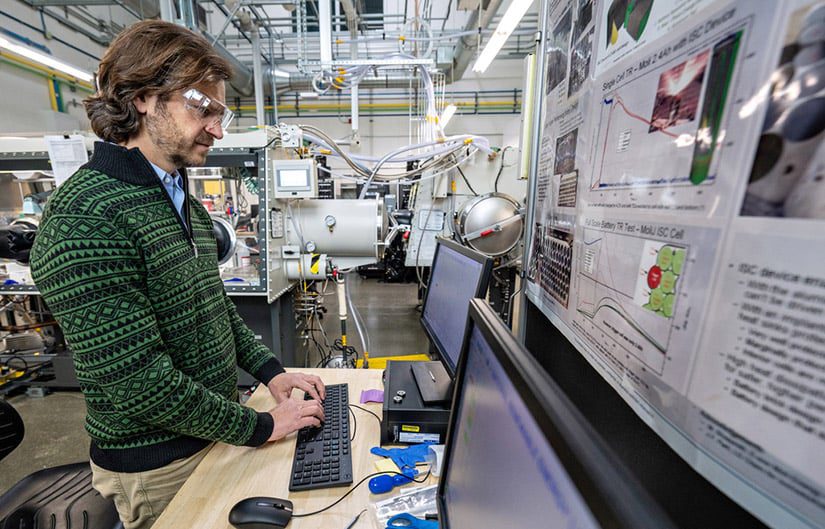Lithium metal is a promising new material for battery electrodes, thanks to its high specific capacity and low voltage, but safety issues caused by dendrite growth and instability in air caused by its high chemical activity limit its large-scale use as an electrode material. However, a simple and efficient solution could be on the way from researchers at China’s Tianjin University, whose findings were published in the July 2019 edition of the Science Bulletin.
Lithium metal is highly sensitive to moisture and oxidative components in the air. To combat this issue, battery developers have created insulating products like lithium hydroxides to protect the lithium metal from water and air, but so far these materials have all resulted in deterioration of the battery’s electrochemical performance.
Now a research team led by Professor Quan-Hong Yang at Tianjin University and Professor Wei Lv at Tsinghua University has developed a wax-PEO coating for lithium metal surfaces. With the coating, the researchers say the lithium metal anode is both waterproof and air-stable and boasts a low battery decay rate.
Wax as an inert sealing material is easily coated on the surface of lithium metal. The coating retards the etching of the electrolyte onto the surface of the lithium metal. At the same time, homogeneously distributed plasma electrolytic oxidation (PEO) guarantees the uniform lithium-ion conduction at the interface and inhibits the growth of lithium dendrites.
In testing scenarios, the surface of the wax-coated lithium remained unchanged in a high relative humidity of 70% over 24 hours. During these tests, the battery achieved capacity retention of 85%. The researchers report that the coated lithium metal anode remains stable for as long as 500 hours in symmetric cells, and the lithium sulfur batteries assembled with the coated lithium metal anode show a capacity decay rate of 0.075% per cycle for 300 cycles. Researchers also report that no combustion or capacity decay occurred when the lithium came in direct contact with water.
The team says the work demonstrates that its wax coating is an efficient package technology for lithium metal anodes which is easily scalable and applicable to other sensitive electrode materials.
Source: Science China Press







